The next-generation Volkswagen Golf, the ninth, will almost certainly have the choice of petrol, hybrid and fully electric powertrains. A single body will feature two different platforms beneath.
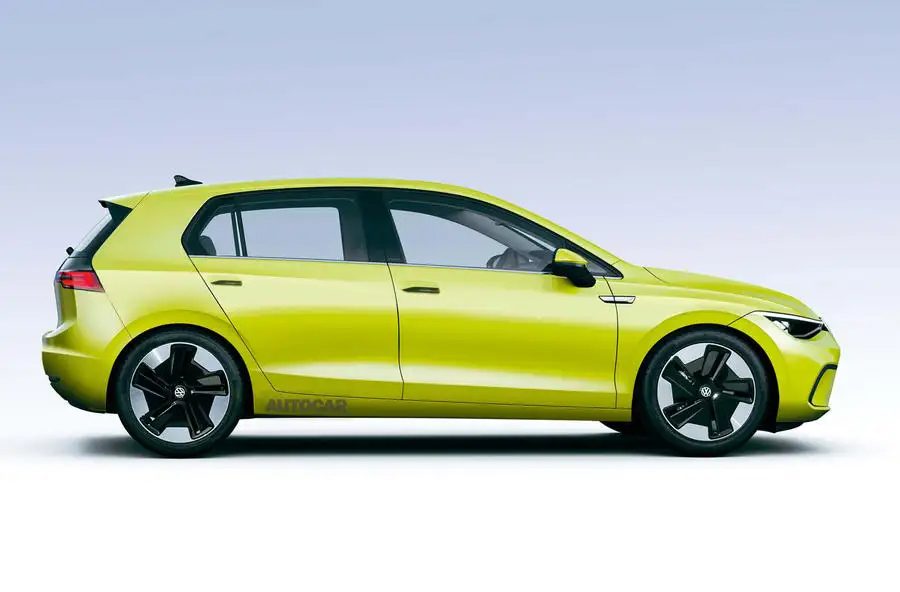
At the Paris Motor Show, a VW executive, Martin Sander, told the assembled audience that the company wanted to build on its ID electric car brand, rather than stick with old labels like Golf and Polo.
“ID is a really strong brand”, he said. “There is an ID community; ID drivers meet up once a year at Lake Como. This shows that ID in itself is becoming a strong brand – we need to think very, very carefully about whether we want to ditch that.
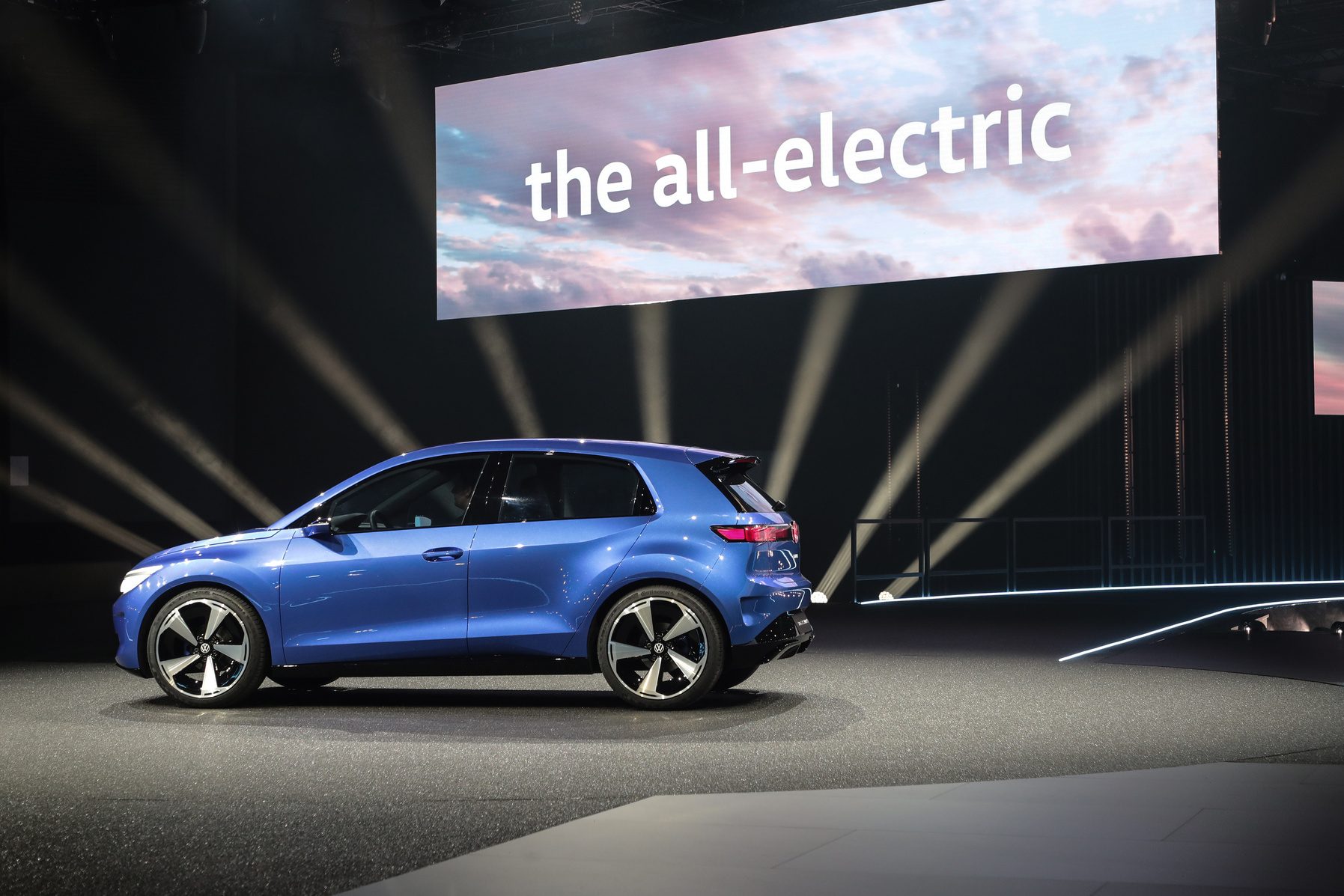
“The future of individual mobility will be electric, whether that is 2030 or 2035. So if we want to be market leaders in the future, we will have to have a strong name that reflects this ambition of us being number one.” Therefore, there are no plans to drop the ID badge. On the contrary, VW wants ID to be the leading brand for EVs.
However, Sander added that Volkswagen cannot ignore the fact that electric car demand is softening across Europe. That’s why VW is continuing to develop its petrol and hybrid cars towards 2030 and beyond.
“Sooner or later there will be an end date [for ICE power] but right now it is too soon to say.”
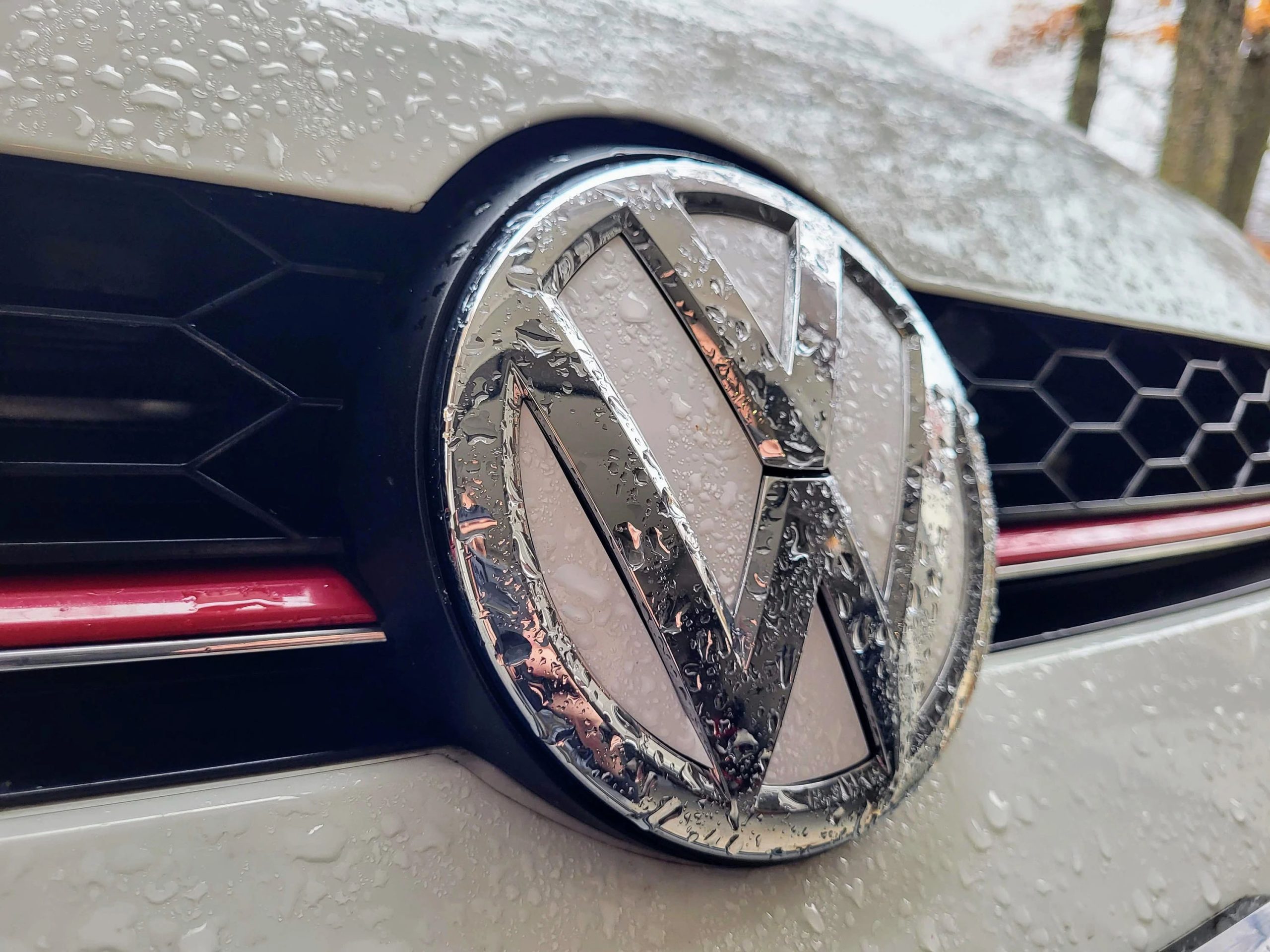
At this point, the next T-Roc SUV will be the last all-new petrol Volkswagen. So its existing ICE power cars will need refreshing if VW wants to sell them beyond 2030.
“From the next launches you will see lots more clarity in the way Volkswagen vehicles are designed.
The solidity, reliability, and likeability that are the main VW attributes “will apply to ICE vehicles and EVs”.
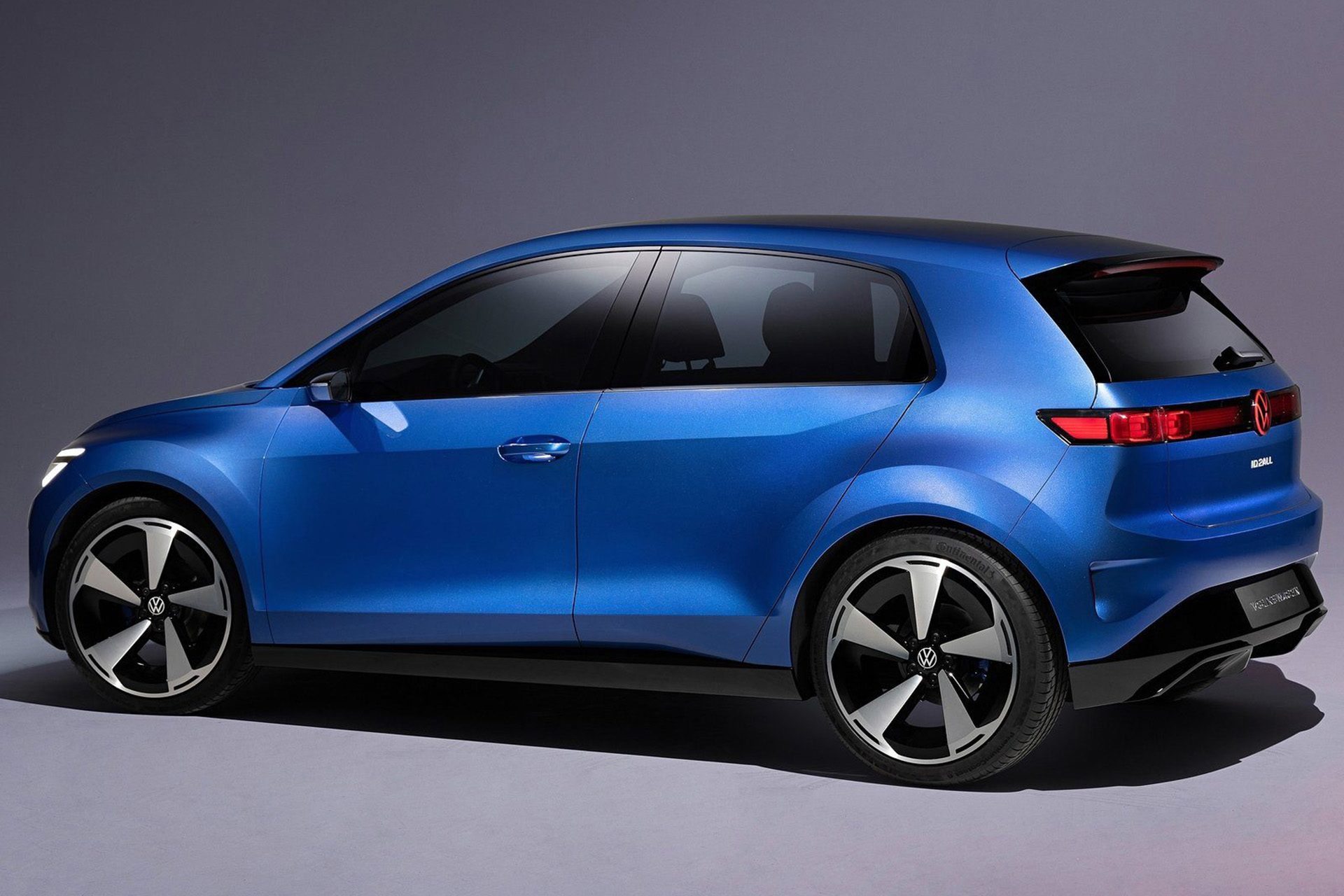
Expect more convergence of styling for ICE powered vehicles and EVs. The first example of this is set to be the production version of the Golf-sized ID2all concept. The ID.2 features styling that’s more in line with traditional VWs than the firm’s ID EVs.
Prior to 2030, VW will launch a new ICE Golf model alongside an identical or strikingly similar Volkswagen ID.Golf. Both will likely replace the ID.3 and certainly the Mk8 Golf. The Golf GTI is included in this scenario, so expect both petrol and electric versions of the hot-shot around 2030.
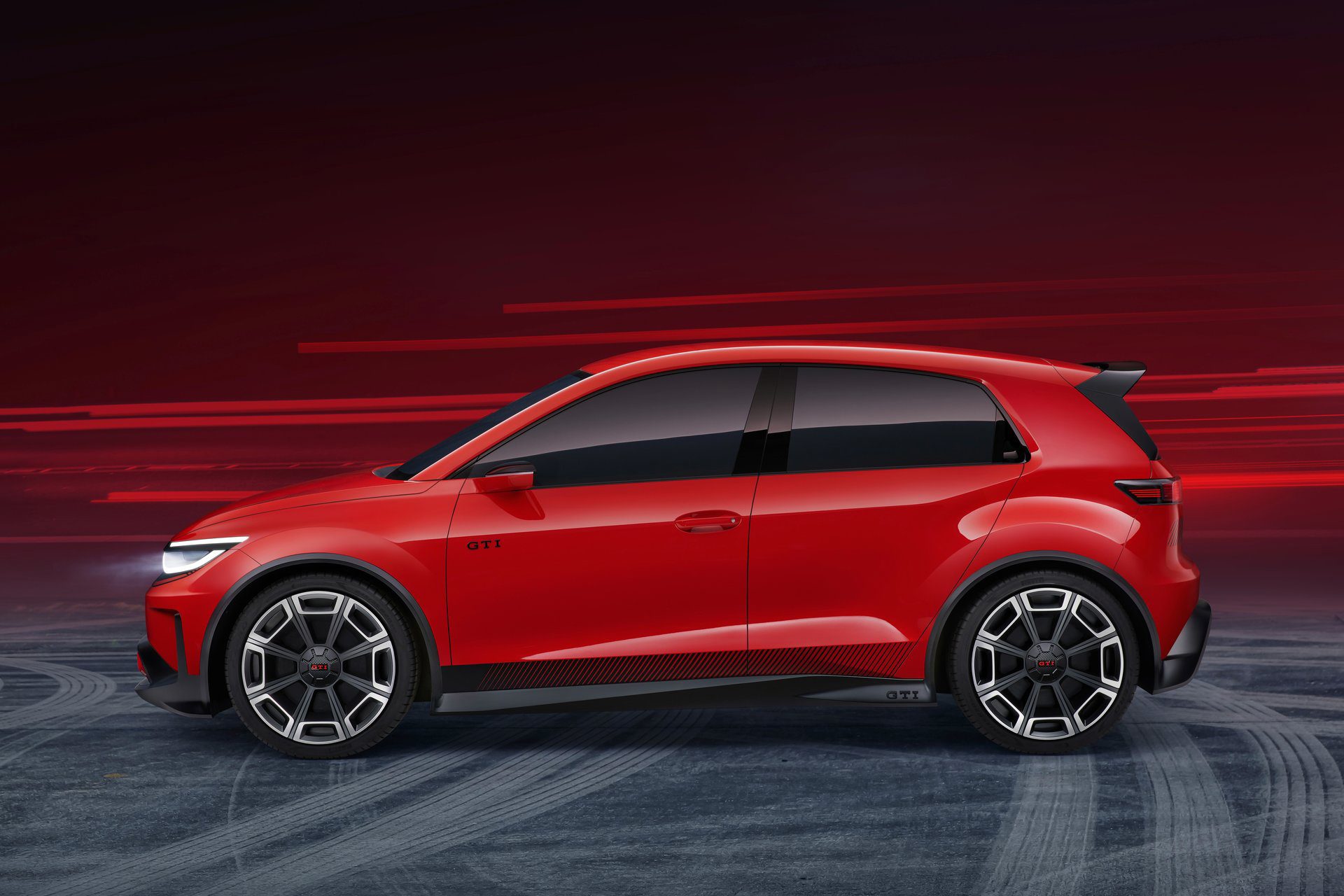
Volkswagen is also investigating extended-range electric vehicle (EREV) hybrid technology, following a surge in popularity in China. These are series hybrids with bigger battery packs. An engine powers a generator that recharges the battery while also powering the motor.
Meantime, the German giant is facing some serious financial pressures at present. Its EV plans have turned into what VW execs describe as “a catastrophe”. Volkswagen is even considering plant closures in Germany for the first time in almost a century.
The firm’s chief financial officer, Arno Antlitz, spoke with more than 25,000 workers about the brand’s future in Wolfsburg. He told employees that they needed to work with management to cut spending. That’s just to survive as it shifted towards electrification. He gave a timeline of one to two years to turn the brand around.


